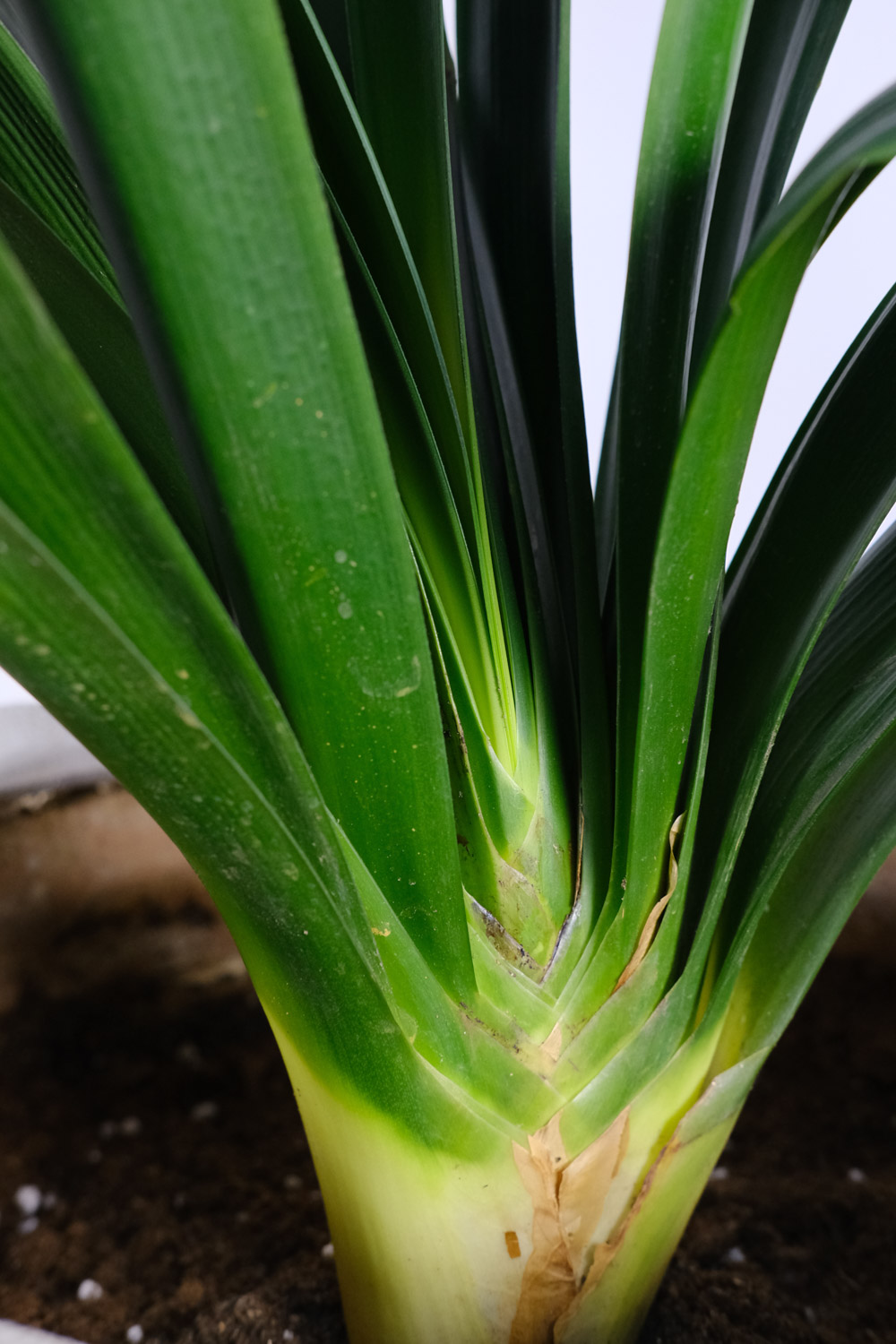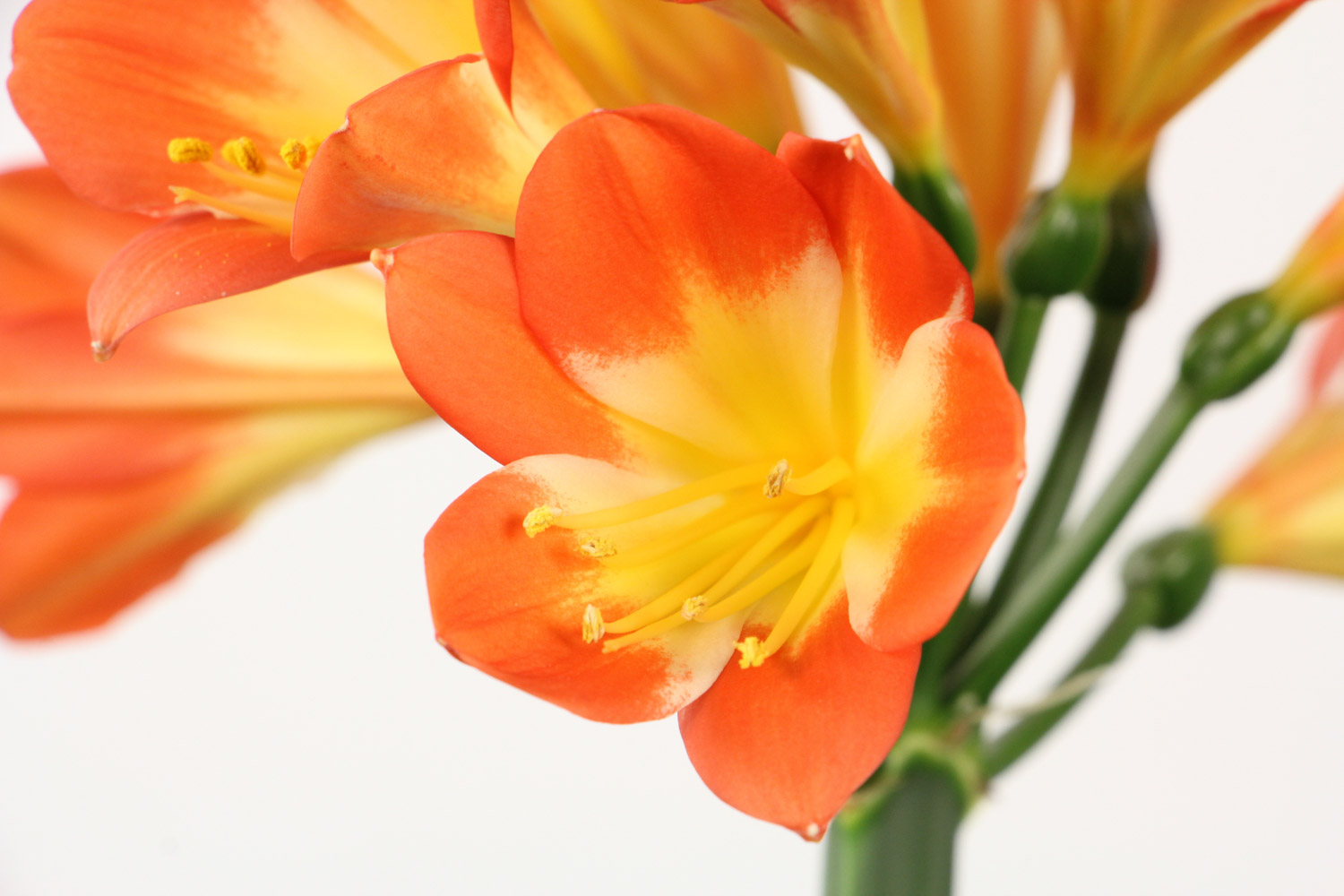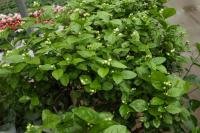1、 What soil is used to grow roots
When cultivating Clivia, it is loose and has good air permeability, because its roots are fleshy roots, and poor air permeability will rot roots. In addition, the drainage of soil is also very important. It is a well drained soil rich in humus as far as possible, which is the most root nourishing soil. The most suitable choice is rotten leaf soil and pine needle soil. Note that there can be no other impurities in the soil

Rotten leaf soil has high porosity and rich nutrients; The permeability of pine needle soil is also relatively water retaining, and the texture is very light. It also has a certain insect control effect. Slender pine needle soil can well grasp the space and water in the flowerpot, which is very helpful for the growth of plant roots

2、 Disadvantages of pine needle soil
1. Less nutrients: there is no doubt that the permeability of pine needle soil is very good. However, it contains very few nutrients, which is difficult to rot, and can only play the role of loose soil to a certain extent. Therefore, fertilization cannot be forgotten during maintenance

2. Many miscellaneous bacteria: there are many miscellaneous bacteria in this soil. Most flower friends will forget to disinfect before use, which is a threat to plant growth

 jackfruit
jackfruit snake plant
snake plant hibiscus
hibiscus hydrangea
hydrangea lavender
lavender Green roses climb al...
Green roses climb al... If you don't pay att...
If you don't pay att... Management of four g...
Management of four g...

































